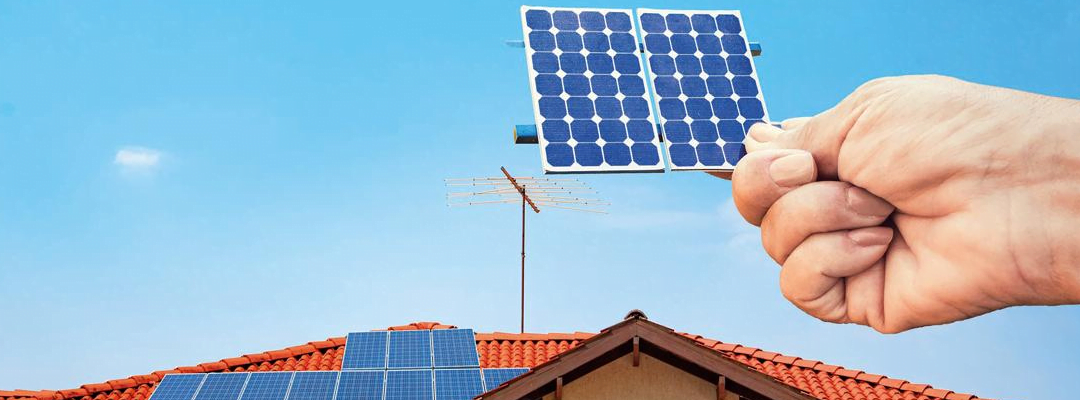As the world grapples with the challenges of climate change and seeks sustainable energy solutions, solar energy continues to gain traction as a viable alternative. Solar panels are at the forefront of this transition, converting sunlight into electricity and providing clean energy for homes, businesses, and beyond. However, not all solar panels are created equal. In this article, we’ll explore what constitutes good quality solar panels and how to choose the right ones for your energy needs.
What Makes a Good Quality Solar Panel?
When evaluating solar panels, several key factors determine their quality and performance. These include efficiency, durability, warranty, and certification standards.
Efficiency
Solar panel efficiency refers to the percentage of sunlight that a panel can convert into usable electricity. Higher efficiency panels produce more power in a smaller space, making them an ideal choice for homes or businesses with limited roof space. While the average efficiency of solar panels varies, top-tier products can achieve efficiencies of 20% or more. When selecting solar panels, you should consider not only their efficiency rating but also the overall energy needs of your property.
Durability
The lifespan of solar panels is a crucial consideration. High-quality solar panels typically come with robust construction and are designed to withstand harsh weather conditions including wind, hail, and extreme temperatures. Look for panels that are built with durable materials such as tempered glass and anodized aluminum frames. Additionally, look for those that carry a strong warranty — most reputable manufacturers offer warranties from 25 years for performance and 10-12 years for product quality
Warranty
- A long and comprehensive warranty is often a hallmark of high-quality solar panels. Warranties can give you an indication of the manufacturer’s confidence in their product. Look for panels with a performance warranty that guarantees a certain level of output over time, as well as a product warranty that covers defects. A good warranty not only protects your investment but also ensures you’re receiving a reliable and functioning product for years to come.
- Integrating solar power into automation is a powerful strategy for achieving sustainable manufacturing. It not only reduces environmental impact but also enhances efficiency, lowers costs, and increases energy independence. As technology continues to advance, the barriers to adopting solar-powered automation are diminishing, making it a viable option for manufacturers committed to sustainability. By embracing this pathway, the manufacturing industry can play a critical role in the global transition to a greener future.
Certification Standards
Certification from recognized entities ensures that solar panels meet specific quality and performance standards. In the United States, look for panels that have been certified by the International Electro technical Commission (IEC) and Underwriters Laboratories (UL). These certifications indicate that the panels have undergone rigorous testing and comply with industry standards for safety and performance
Brand Reputation and Customer Reviews
Choosing a well-established brand with a good reputation can go a long way in ensuring you’re purchasing high-quality solar panels. Research customer reviews, industry rankings, and case studies.Engaging with previous customers can provide insights into the long-term performance and reliability of the panels you are considering.
The Financial Aspect
While good quality solar panels can come with a higher upfront cost, they often provide better long-term value. The energy savings accrued over time, combined with federal tax incentives and state rebates, can significantly offset the initial investment. In addition, high-quality solar panels tend to have a longer lifespan and require fewer repairs or replacements
Conclusion
Investing in good quality solar panels is essential for maximizing the efficiency and longevity of your solar energy system. Prioritize efficiency ratings, durability, warranties, certifications, and brand reputation when making your choice. Remember that while the initial investment may be higher, the long-term benefits of energy savings and sustainability make solar panels an increasingly attractive option for energy production. By choosing wisely and working with an experienced solar panel installation company, you can harness the power of the sun and contribute to a greener future with confidence.

